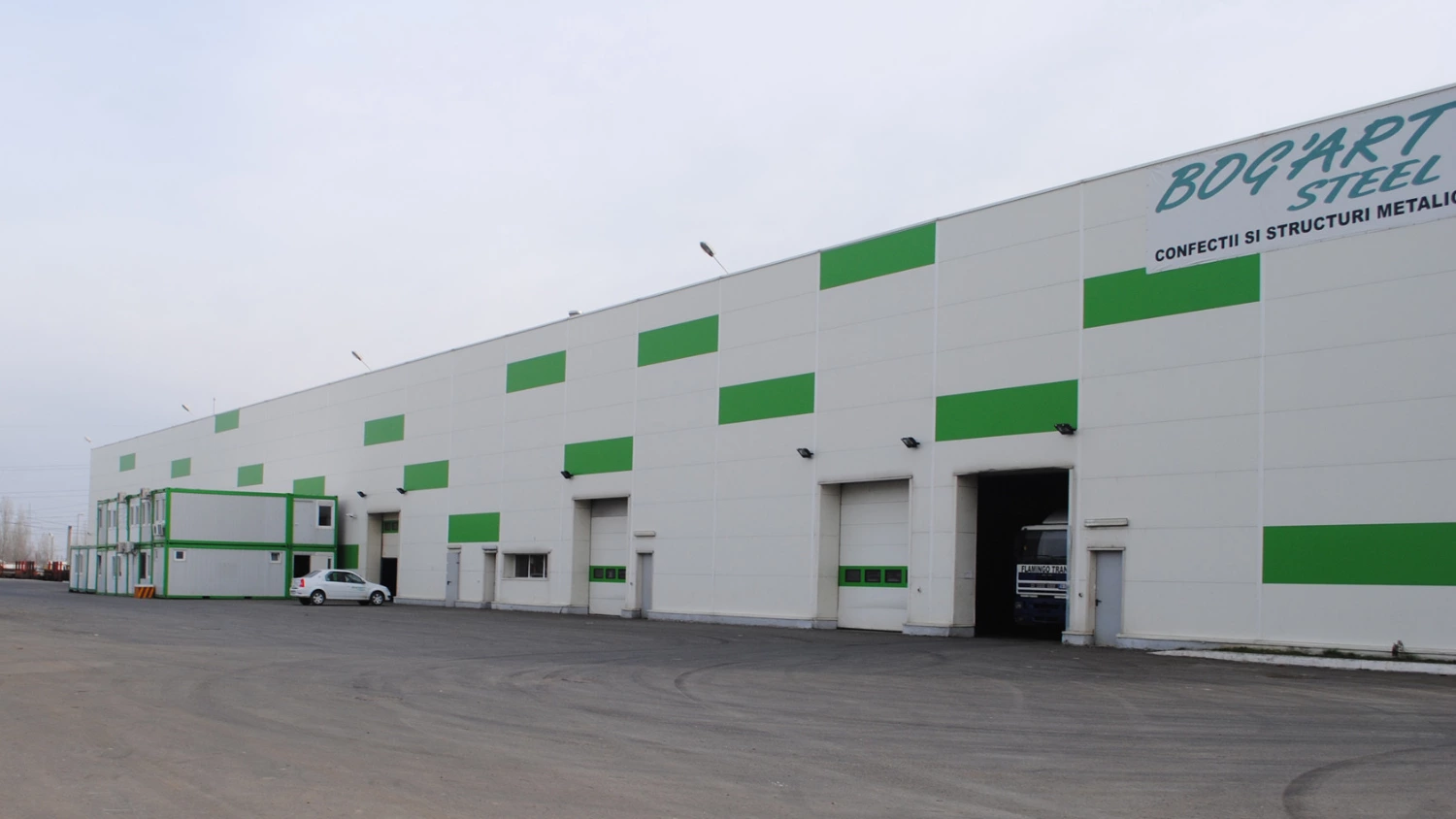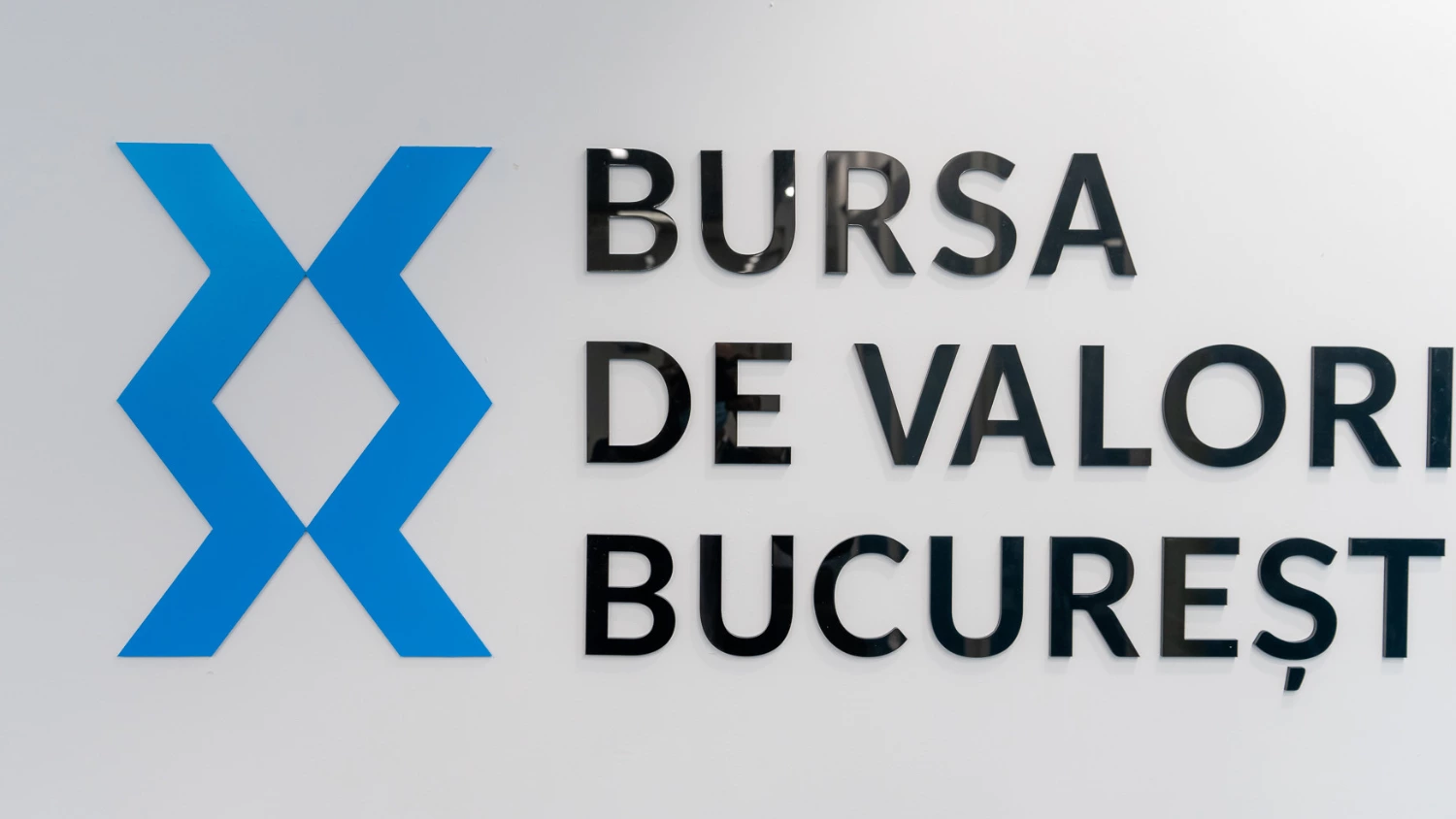The risk of triggering and escalating image crises for companies in Romania is increasing, fueled by the increase in the number of social media users and the time spent online, but also by the specifics of the local culture, which encourages the rapid propagation of scandals on the Internet.
In today's context, reputational risks are increasing, especially because of people on Facebook, who can keep a topic in the public eye for much longer.
In Romania, in the last 5-10 years, there have been various types of image crises of some companies active in pharma, food, gambling or the medical field. Although most issues were not revealed on social media, without exception all of these image crises were amplified by social media. Here the information spreads almost in real time to millions of users and the crisis itself is maintained over a much longer period of time, sometimes reaching more than 90 days. On average, according to the specialist in image crisis consulting, Radu Turcescu, an image crisis can have different peak periods, everything depending on the intensity of the crisis, but also on the level of redistribution of information on social networks.
"Businesses in Romania are infinitely more exposed to losses due to an image crisis than 10 years ago, when social networks did not have the power they have now. In this context, the Internet has become a real minefield for companies in Romania , exposing them to increased risks of image crisis. If in the past serious problems in certain companies were revealed by the press and also ended in the press, nowadays, any situation considered unpleasant by a consumer towards a brand can become a problem in the public space of a very large magnitude just because social media is being used at an unprecedented level. Whether that issue is revealed on social media or another channel, the information reaches networks like Facebook and TikTok in almost real time and is rolled out and amplified by these social networks, with an impact that is difficult to control or repair, in the absence of timely prevention or interventions. From a psychological point of view, any scandal is of interest to users, even if they are direct customers or not of that company involved. Moreover, scandals have a very high traction in social media because they are, from a psychological point of view, a form of entertainment, especially when the leader of the company becomes the subject of the crisis, his moral values are questioned and his image is practically destroyed. In other words, there are serious risks that an image crisis will turn into a "judgment" of the leader," explains Radu Turcescu, PR strategist and political consultant.
The risk of an image crisis has increased significantly, and the reaction time to such a situation has decreased drastically with the advent of social networks, as shown by international studies. About 88% of companies reported that crisis risks were amplified due to social media, and 64% reported significant financial losses following crises amplified on social networks, according to a Weber Shandwick study - "The Social Media Crisis Preparedness Report". At the same time, 76% of PR managers said that their response time to a crisis has been drastically reduced, often to just a few hours or less.
The figures also show that social media can significantly amplify reputational and financial risks for companies, but also that a quick and well-planned response can help mitigate the impact of these crises. It was found that 79% of the analyzed crises were exacerbated by social networks, rapidly increasing in visibility and complexity, according to the study "The Impact of Social Media on Crisis Management" - Journal of Contingencies and Crisis Management. Moreover, a Deloitte study - "2018 Global Risk Management Survey" shows that approximately 60% of organizations have never conducted crisis simulations or specific trainings for PR crises generated through social media.
"Despite the high risk brought by social media, companies do not prepare for the scenario of an image crisis. International studies show that 54% of the organizations studied did not have a specific crisis plan for social media, although they recognized the increased risk associated with them. More , firms that have experienced major PR crises have seen their market value decline by up to 30% in the immediate aftermath.In such a digital reality, companies need to be more vigilant than ever. Not only do they need to constantly monitor online environment, but must be prepared to manage crises quickly and efficiently to minimize financial losses and reputational damage. Prevention and effective management of image crises is all the more important as 67% of consumers believe that a company's response to a crisis on social media significantly influences their overall perception of that company. Businesses and business leaders in Romania can be better protected or can more easily escape the devastating effects of amplified online scandals, as long as they decide to establish an effective prevention plan because many image crises, like a disease for example, can be prevented", warns Radu Turcescu.
Moreover, many image crises cannot be avoided, that is, they can be triggered, but they can be stopped in time, and the problematic information can be transformed in a timely manner into information favorable to the company. Companies that responded quickly and transparently to social media crises recovered about 50% of reputational losses within 3 months, compared to those that responded slowly or inadequately.
To reduce risk and effectively manage PR crises in the age of social media, companies are encouraged to invest in ongoing social media monitoring, develop specific crisis plans and conduct regular training for their teams.
Radu Turcescu is an image crisis consultant specialized in the management of the reputation of Romanian companies and in the preparation of a strategy for the prevention and protection of companies from image crises. With extensive experience in navigating sensitive situations, Radu Turcescu offers customized solutions for company leaders facing increased risks of image crises in the digital age. He has worked to prevent or resolve image crises with companies in fields such as public catering, finance, cosmetics, politics or showbiz.






